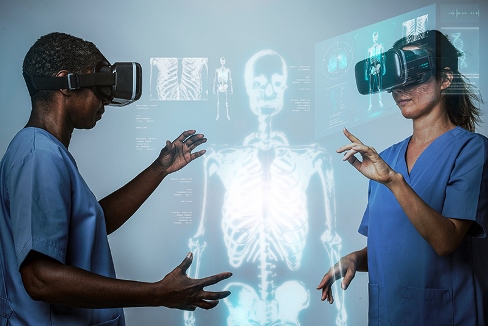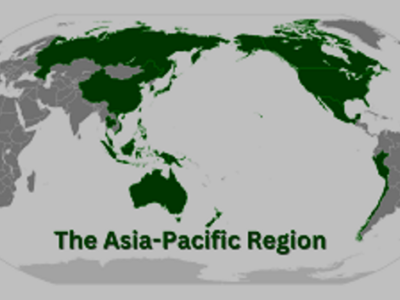By Henry Adams, Country Manager, InterSystems South Africa
When people think about artificial intelligence (AI) in healthcare, they often picture complex machines in high-tech hospitals. But some of the most exciting uses of AI are happening in primary care. [That] is right at the first point of contact between doctor and patient.
RELATED: New AI technology is helping UC Davis physicians quickly identify stroke
Globally, AI is helping general practitioners, nurses, and clinicians make faster, more accurate decisions. [This is] by giving them access to clean, connected data. It helps detect early signs of disease, and spot patterns across patient populations. This also ensures the right people get the right care sooner.
South Africa is not there yet, but that is exactly why we should be paying attention.
Learning from what is working elsewhere
In countries where healthcare data is already digitised and connected, AI-assisted tools are starting to prove their worth. In parts of Europe, AI systems are helping GPs analyse symptoms, lab results and patient histories to identify possible conditions much earlier. In the US, data platforms are used to surface insights from millions of patient records. The data help clinicians identify patterns that might otherwise go unnoticed.

Henry Adams
At InterSystems, we have seen firsthand how this combination of reliable data and intelligent technology is changing the way care is delivered. In the UK, our data platform helps care providers securely connect across places of care to patient information across multiple systems, making it easier for AI tools to interpret symptoms in context. In France, AI-assisted prescriptions through partners like Posos are helping doctors reduce errors and improve treatment safety.
These examples show what is possible when data, people and technology come together in the right way.
Why data comes first
AI is only as powerful as the data it works with. If a clinician’s system lacks complete or up-to-date patient information, the AI cannot provide reliable support. That is why data quality and interoperability are so important; they form the foundation for everything else.
Successful AI integration in primary care begins with foundational data work. Countries seeing the best results started by building connected health records, standardizing information, and ensuring robust privacy and compliance. Once those pieces were in place, they could start introducing AI tools that help doctors and nurses make better decisions without adding extra admin or complexity.
Again, in South Africa, we are not quite there yet, but we are heading in the right direction. There are ongoing efforts to digitise health records and bring together fragmented systems. As that process continues, it will open the door for more advanced AI-driven support tools, from diagnosis assistance to population health management.
What this could mean for South Africa
Imagine a community clinic in Limpopo or the Eastern Cape, where a doctor sees dozens of patients a day. With AI support, they could instantly access each patient’s medical history, flag high-risk symptoms, or receive early alerts about potential complications like diabetes or hypertension.
AI will not replace the doctor’s or their judgment. It simply gives them more context and better information. It is like having a quiet assistant in the background, helping spot what is easy to miss when you are under pressure.
This kind of technology could also help identify broader health trends, guiding public health decisions and making sure resources are sent where they are needed most. It is not about high-end tech for big hospitals, it is about making everyday healthcare smarter, safer and more efficient for everyone.
Building the foundations
Before we can get there, we need to focus on the basics: connected systems, reliable data, and trust. AI tools cannot function properly in silos. They need access to consistent, secure information, the kind that interoperable platforms like InterSystems IRIS for Health are designed to manage.
Once we have that in place, the rest becomes achievable. Doctors can use AI to compare patient data against proven medical knowledge bases. Clinics can share insights securely across regions. And the healthcare system becomes more proactive instead of reactive.
It is easy to look at what is happening overseas and feel that South Africa is far behind. But I see it differently. Every success story abroad gives us a roadmap, lessons we can adapt to our own realities. We do not have to reinvent the wheel; we just have to make sure it is fit for our local terrain.






























